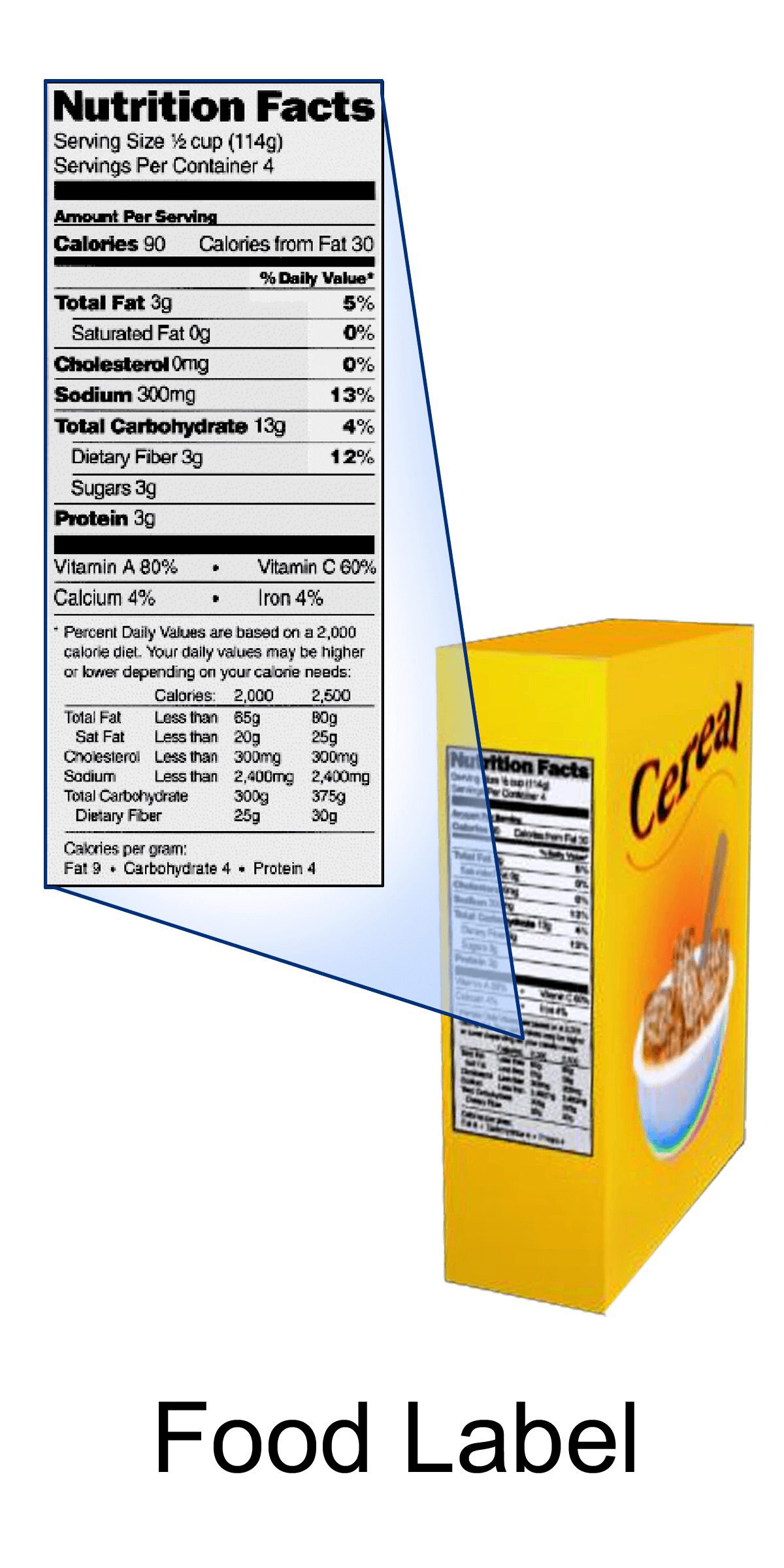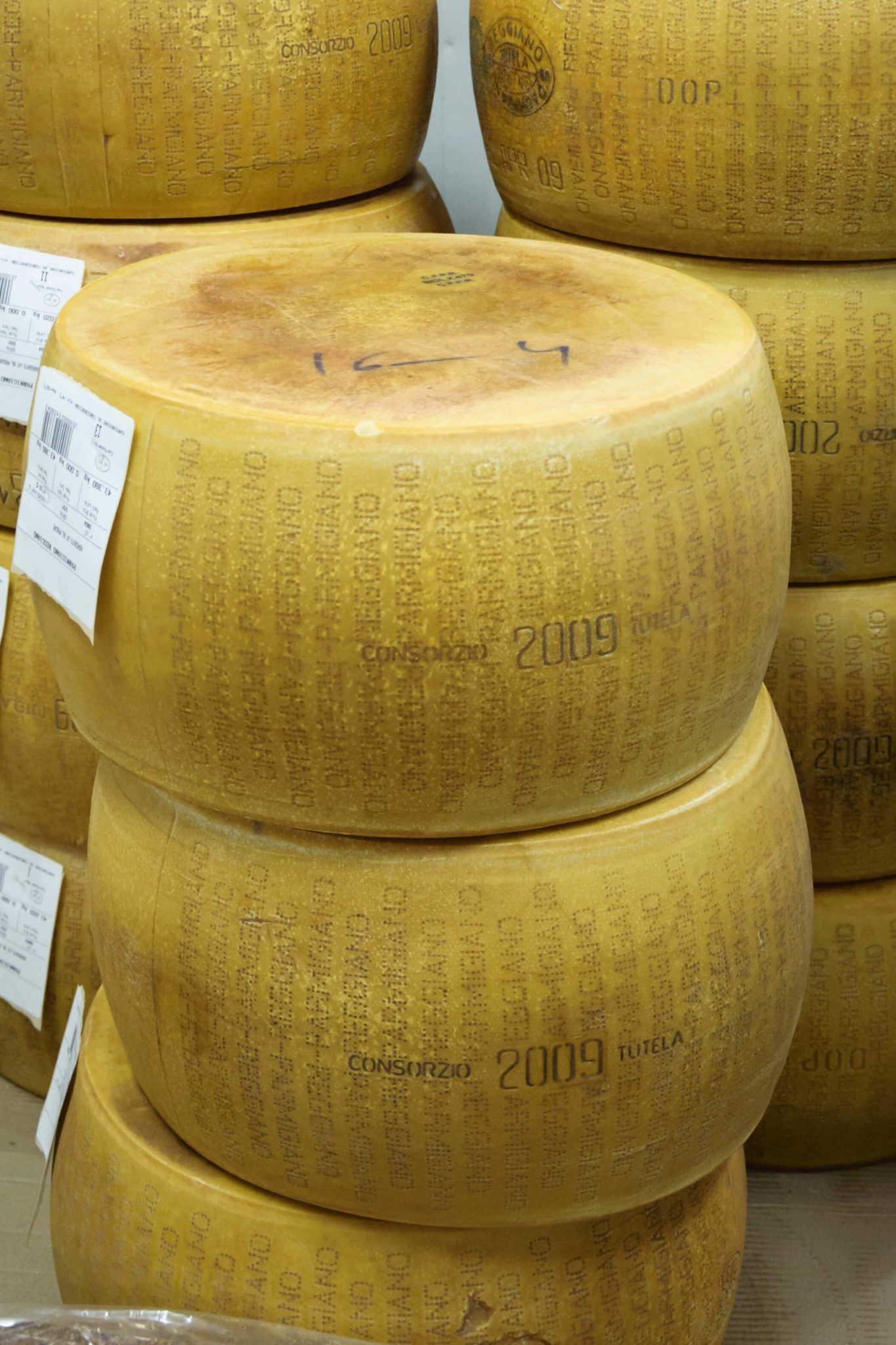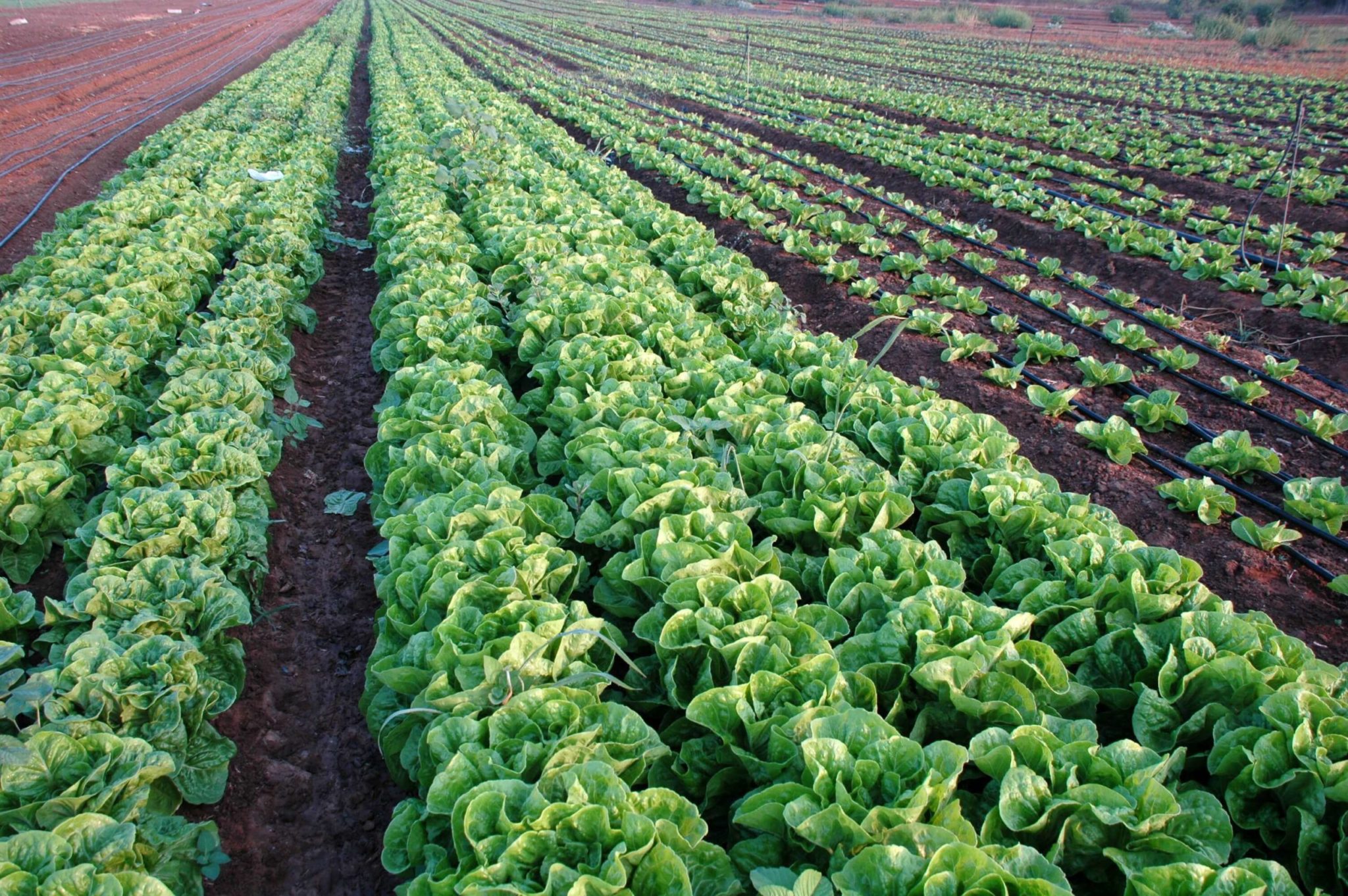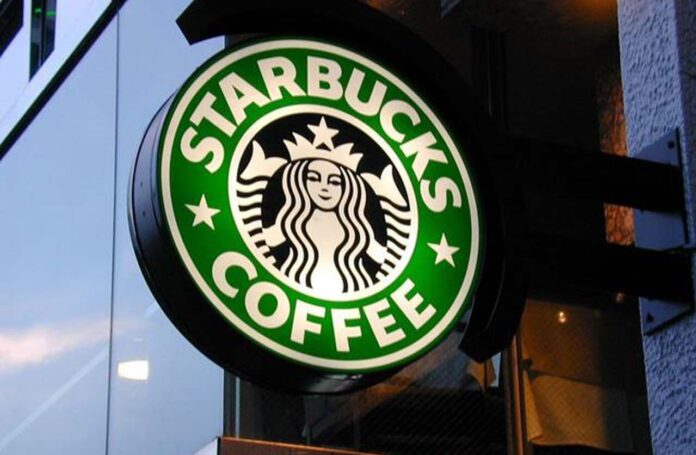If any new technology does not have a considerable impact on the basic needs of humans, it might not make a prominent dent in the landscape of life and lifestyles. So far, blockchain might have been associated with bitcoin and high-end financial transactions. However, it did not affect common people… at least not until today! They think that this new technology is something that is quite distant from what would be required today. They have maintained their distance from this technology both intellectually and physically.
What if users, were to come to know that blockchain, has one of the most amazing solutions for the food industry and it is capable of saving a staggering $131 billion every year? Yes! Blockchain for food is already here and is all poised to disrupt the industry in the most profitable fashion.
The big names associated
Blockchain is being slowly pushed for mass adoption and the food industry sources exception. There have been reports over the past few months that a few big names in the food industry including Carrefour, nestlé, and Starbucks have initiated blockchain forward processes within their fields.
With the scale, it is expected that the top 10 grocers of the world will use blockchain by 2025. It is not just about embracing new technology and somehow tying it up with something that has been sustaining humankind for thousands of years. Let us look at a few use cases where blockchain finds its relevance in the food industry!
Greater data
Gone are the days when customers were swayed by celebrity endorsements when it comes to choosing their favourite food. Today, every customer has developed a habit of reading the nutrition and the ingredient label. 70% of the consumers were likely to switch to a brand that provided detailed information on the ingredients and the nutritional value.
Blockchain, by its immutable design, seems to be the most viable solution for accuracy of information. It is easily accessible, and it can provide consumers with concrete information on the food. This technology can also be used to trace a specific packet of an item way back to the farm from which the raw ingredients came from. Traceability has not only been a challenge for customers but also for businesses to find origins of food-borne illnesses.

There has been an instance in 2017 where the FDA had to spend a lot of time and invest a lot of resources in tracing a fatal salmonella outbreak to papayas harvested from a specific form in Mexico. If only there was blockchain in place, all this would have been reduced to a single person and a few seconds!

Traceability also finds its relevance when it comes to products that can only be produced in certain places. Mozzarella and Parmesan can send as perfect examples for this challenge – both these exotic cheese varieties are subjected to a lot of counterfeiting and is easily a market worth millions of dollars. Experts know that Parmesan can be produced only in a certain region of Italy where a certain type of bacteria occurs. With each wheel worth more than $1000, it would be a place for users to be provided with an option to trace the origin of the wheel to that particular area in Italy. We have seen this happen with mozzarella – a dairy company called Spinosa in Campania has already implemented blockchain technology to certify their mozzarella produce. Each product is complete with blockchain-quality certificate label and a QR code
Food supply chain
Smart contracts on the blockchain get executed all by themselves only upon certain conditions being met – it looks like the supply chain industry has found its holy grail! Supermarkets in Europe have been implementing QR code in their product label to reduce the complexity and confusions associated with the supply chain.
Bringing in blockchain into the supply chain has a tremendous impact on the time taken to source comprehensive information about suppliers and making this information available to shoppers. It can also help in removing contaminated and expired food items from the shelves of supermarkets, which can be considered an arduous and cumbersome process when it comes to large chains like Walmart, Costco and target.
Decentralised agriculture
Agriculture has been stagnant for quite sometime when it comes to the way it has developed at its core. We have better farming equipment and better pesticides and insecticides but the structure of taking the outcome of agriculture from being a business to its end consumer remains archaic.
It is plagued with a lot of intermediaries who take a huge chunk of the profit, rendering the produce too expensive for the consumer and the profit too less for the producer a.k.a. the farmer. Blockchain can help solve this issue by effective inventory tracking and automated moment of the inventory from one place to another without compromising on the traceability.

This ensures that the cost involved and the need for human intervention remains as low as possible, enabling a fine balance between reduced costs for customers and increase the profit for farmers. The entire process is still in its infancy but so is the technology itself! Once this code is broken, it will be quite easy for blockchain to become one of the most profitable things to have ever happened to the world of agriculture!
Conclusion
Blockchain app development companies need to understand the importance of taking blockchain to the most common people in the most common areas of life, and the food is one among them. Instead of focusing on everything that is the high end like cryptocurrency exchanges, security token offerings, decentralised applications, and even creating new blockchains, it would be a great idea for blockchain companies to focus on creating solutions that have a huge potential in terms of volume rather than the ones that have a huge potential for profit even though the volumes are quite low. It is pretty sure that in the end, this difference is what will distinguish a great blockchain development company from a good one!


















![10 Countries With the Best Healthcare in the World [Statistical Analysis] Countries With the Best Healthcare in the World](https://articleify.com/wp-content/uploads/2025/07/Countries-With-the-Best-Healthcare-in-the-World-1-150x150.jpg)










